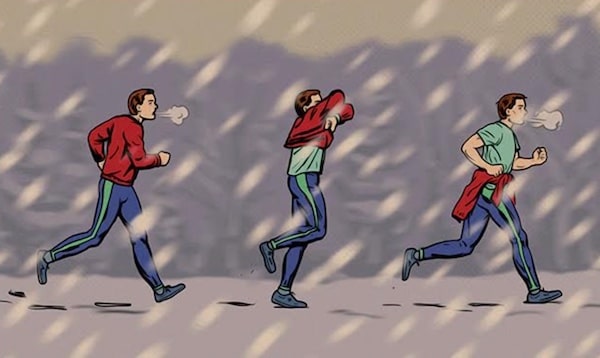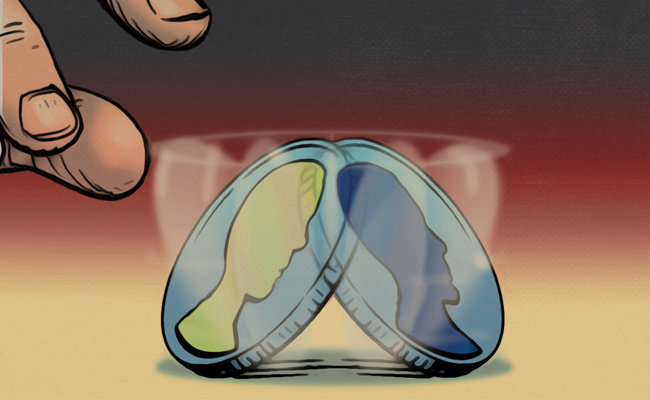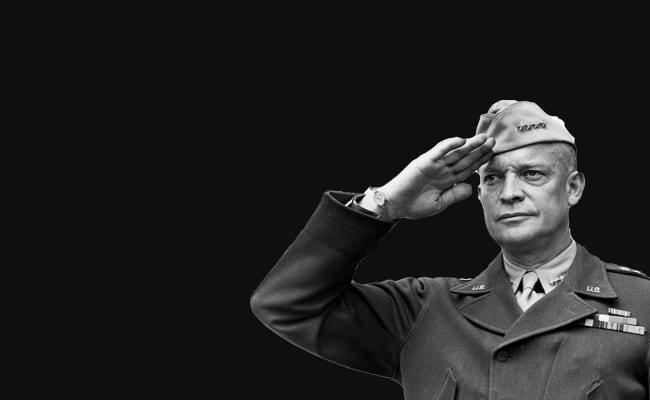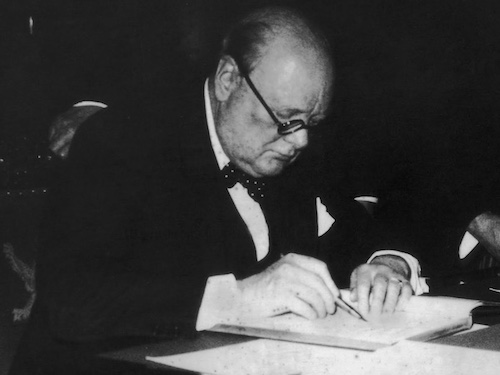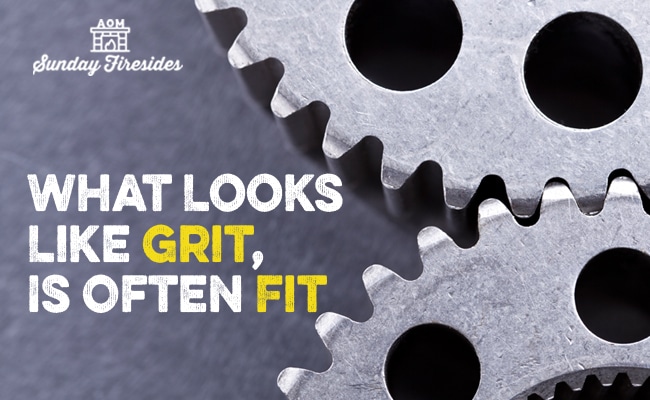
When the researcher Daniel Chambliss decided to study a group of elite swimmers to figure out what led to excellence, he was surprised to find just how much the top swimmers enjoyed the aspects of training — participating in early-morning practices; swimming back and forth along a black line for hours on end — that most people would find miserable.
Chambliss observed: “It is incorrect to believe that top athletes suffer great sacrifices to achieve their goals. Often, they don’t see what they do as sacrificial at all. They like it.”
Discipline is typically seen as the central key to success.
The idea is that achieving anything worthwhile involves doing hard things; hard things are unpleasant; therefore, success requires the white-knuckle willpower to push through those contrary feelings.
Yet this perspective draws on a very limited, binary conception of human emotions.
There are things that are difficult and enjoyable, challenging but satisfying, utterly compelling despite the pain.
It is a mistake to think that an individual who runs 10 miles each day does so because of discipline; that run is likely his favorite part of the day.
The savant who practices guitar for hours in his bedroom doesn’t make himself do it; he wants to do it.
Someone who’s been waking up at 5 a.m. or practicing intermittent fasting for a decade hasn’t stuck with these habits because of greater-than-average self-control; there’s something about those routines they inherently like.
The hard things people find pleasurable are unique to each individual. Squatting beneath a 400-pound barbell may look like torture to one person, but to the religious weightlifter, it’s fun.
To paraphrase the writer David Epstein, what looks like grit, is often fit.
Success is thus less about finding a greater degree of willpower and more about finding the particular pathway to a goal that, for you, hurts so good.



